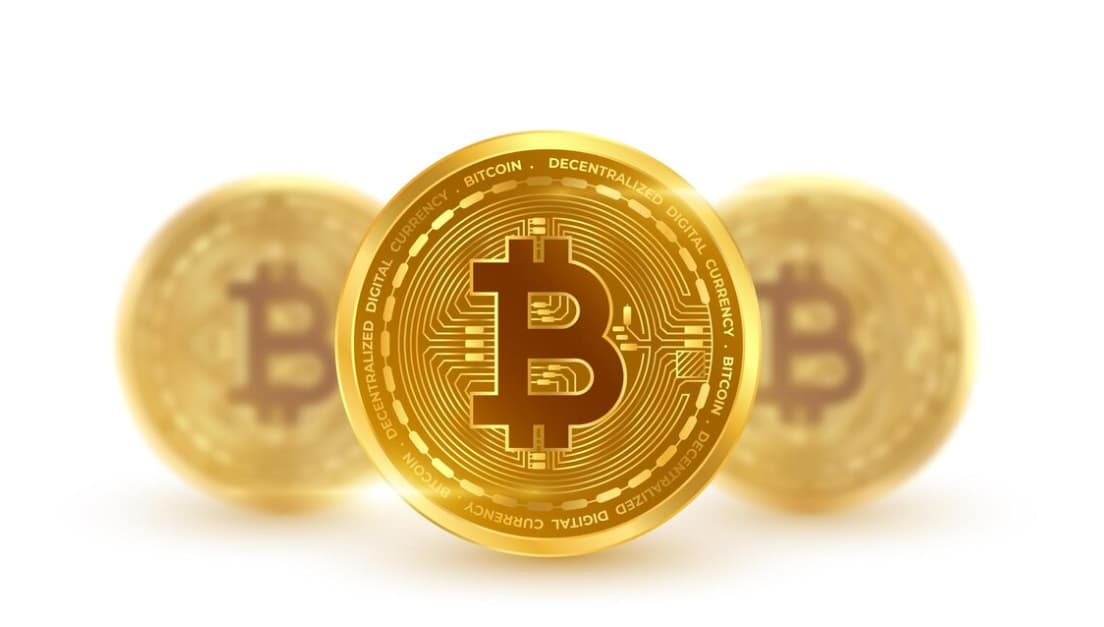As a New York State resident seeking to buy cryptocurrencies on the largest crypto exchange, you might have faced a significant hurdle – it’s currently not an option. Now, you’re likely pondering why Binance is unavailable in New York and exploring ways to address this issue. It’s not just a personal problem; the exchange is inaccessible to any New York resident at the moment.
In this discussion, we will elaborate on the reasons behind Binance’s unavailability in New York and provide insights into what you can anticipate in the future regarding this matter.
Why Binance is Unavailable in New York: Legality in the US
- Established in 2017, Binance, the prominent cryptocurrency exchange with the highest daily trading volume, initially catered to users in locations where cryptocurrency trading was legally permissible;
- However, its trajectory took a turn in 2019 when the surge in digital asset popularity prompted the United States to fortify regulations surrounding cryptocurrencies;
- This regulatory landscape ensnared crypto trading platforms, with some bearing the brunt of the new policies.
In response to regulatory hurdles, Binance found itself prohibited in the United States in 2019, leading to its unavailability not only in New York but nationwide. Addressing the ban, Binance.US emerged as a tailored solution. Distinct from its parent platform, Binance.US arose out of the imperative to align with the evolving regulations of the United States concerning digital currencies. Registered with the United States Financial Crimes Enforcement Network, Binance.US was meticulously designed to adhere to all U.S. laws governing crypto assets and their trading.

However, this compliance comes at a cost. Certain features of the exchange, along with the variety of cryptocurrencies available for trading, are curtailed. While future adjustments might expand these offerings for American users, the constraints imposed by U.S. laws dictate the extent of services provided.
Now, the question arises: Is Binance.US accessible in New York? The answer is negative. Despite being a specialized exchange created to comply with U.S. regulations, Binance.US remains unavailable in four states: New York, Hawaii, Texas, and Vermont. This apparent paradox stems from specific intricacies, which will be elucidated in the ensuing paragraphs.
Why Is Binance Not Available in New York
Whether your inquiry is centered on “Why isn’t Binance available in New York?” or “Why can’t Binance.US be accessed in New York?” the underlying answer remains consistent – the absence of a valid BitLicense. This particular business license, instituted in 2014, pertains to virtual currency activities and subjects companies to regulation based on policies set forth by the New York State Department of Financial Services. The regulatory scope is confined to activities within the state of New York and involving its residents. Despite Binance.US aligning with the majority of U.S. laws pertaining to digital currency, its lack of this specific license renders it unable to operate within the confines of New York.
Purportedly, the BitLicense’s primary objective is to enhance the safety of cryptocurrency trading. Any entity wishing to provide cryptocurrency services in New York is required to possess a valid license of this nature. This mandate extends to individuals as well, encompassing those safeguarding crypto assets for others or engaging in consumer-based trading. The genesis of such regulations within the country stems from apprehensions about digital assets being exploited for money laundering. Given the absence of global cryptocurrency laws, it becomes apparent that, akin to New York, most states have established their own criteria for crypto traders and exchanges.
While this clarifies why Binance is not accessible in New York, it prompts another query – why hasn’t the company, or its American counterpart Binance.US, pursued acquiring this license? Numerous exchanges and entities akin to Binance find themselves in a similar predicament, navigating without this license. The cumulative expenses may surpass $100,000, although it seems improbable that financial considerations are the sole reason for Binance’s non-availability in New York. A more plausible explanation emerges: obtaining the BitLicense would necessitate strict compliance, and certain aspects of it may be disagreeable to many businesses.
The license imposes constraints on companies and individuals engaged in crypto-related activities, specifically pertaining to the receipt of virtual currency (with an exception for non-financial purposes), management of virtual currency on behalf of others, conducting crypto trades as a customer business, and other associated endeavors. Notably, this New York license represents a more stringent local regulation compared to the comprehensive crypto regulations in some entire countries. While certain states haven’t outright banned digital assets, such as Algeria, Bangladesh, China, Egypt, and Iraq, the introduction of this document has significantly complicated business-oriented crypto trading.
However, even with the possession of the license by Binance or Binance.US, the alteration of their availability in the state remains uncertain. Although it is likely to have an impact, the transformation is not guaranteed. Several companies continue to grapple with operational challenges even after acquiring a valid BitLicense, as they are obligated to adhere to SEC regulations and contend with marketing and advertisement prerequisites. Consequently, numerous exchanges, including Binance.US, find themselves unable to operate in New York.
Binance Absence in New York: Exploring Alternatives
| Features | Gemini | Coinbase | BitLicense |
|---|---|---|---|
| Founded Year | 2014 | 2012 | Introduced in 2015 |
| Headquarters | New York, USA | San Francisco, USA | New York State, USA |
| Available Cryptocurrencies | 40+ cryptocurrencies | 100+ cryptocurrencies | N/A |
| Trading Fees | 0.50% Convenience fee + 1.49% Transaction fee | 0.50% Spread + $0.99 to $2.99 flat fee | N/A |
| Security Features | FDIC insured, cold storage, 2FA | FDIC insured, vault protection, 2FA | Regulatory framework for crypto businesses |
| User Interface | User-friendly, intuitive | Simple, easy for beginners | Not applicable |
| Customer Support | Email and live chat support | Email support, help center | Not applicable |
| Regulatory Compliance | Strict compliance with regulations | High level of regulatory compliance | Required for crypto companies in NY |
| Unique Offerings | Gemini Earn, Gemini Pay | Coinbase Pro, Coinbase Card | Standard for crypto business operations |
Binance’s unavailability in New York stems from its American arm, Binance.US, opting not to obtain a BitLicense in the state.
- This isn’t an isolated stance; popular exchanges like KuCoin, Crypto.com, Kraken, Bittrex, Voyager, and Webull also lack this license. New York residents face restrictions on these platforms;
- However, alternatives like Gemini and Coinbase are accessible;
- The BitLicense not only explains Binance’s New York absence but also impedes various crypto exchanges from serving the state’s citizens and businesses openly.
Prospects for Binance in New York

For cryptocurrency traders in New York, the absence of Binance may raise questions about fairness. However, the tide could turn, offering hope for accessibility to Binance.US in the state’s future. Notably, New York City’s recent election of crypto-friendly mayor Eric Adams brings optimism. Adams, expressing a preference for cryptocurrencies and even considering part of his salary in bitcoins, suggests a potential shift in policy. If Adams and other politicians rally to eliminate the BitLicense, the day may soon arrive when New York traders are not pondering why Binance is unavailable but joyfully engaging in trading on Binance.US within their home state. Until then, exploring alternatives to the largest crypto exchange becomes a necessity due to the limited options stemming from stringent state regulations. The prospect of New York politicians embracing digital assets more openly raises the potential for the state to transform into a thriving decentralized hub, welcoming both companies and traders into the burgeoning crypto market.
Conclusion
Binance’s absence in New York is rooted in the regulatory framework shaped by the BitLicense, affecting not only Binance but other major crypto exchanges. While the likelihood of Binance.US obtaining a BitLicense remains uncertain, recent developments, such as Mayor Eric Adams’ crypto-friendly stance, offer hope for potential policy changes. Until then, New York traders must explore alternatives like Gemini and Coinbase due to stringent state regulations. The prospect of a more accommodating regulatory environment in New York could pave the way for a thriving decentralized space in the future.




